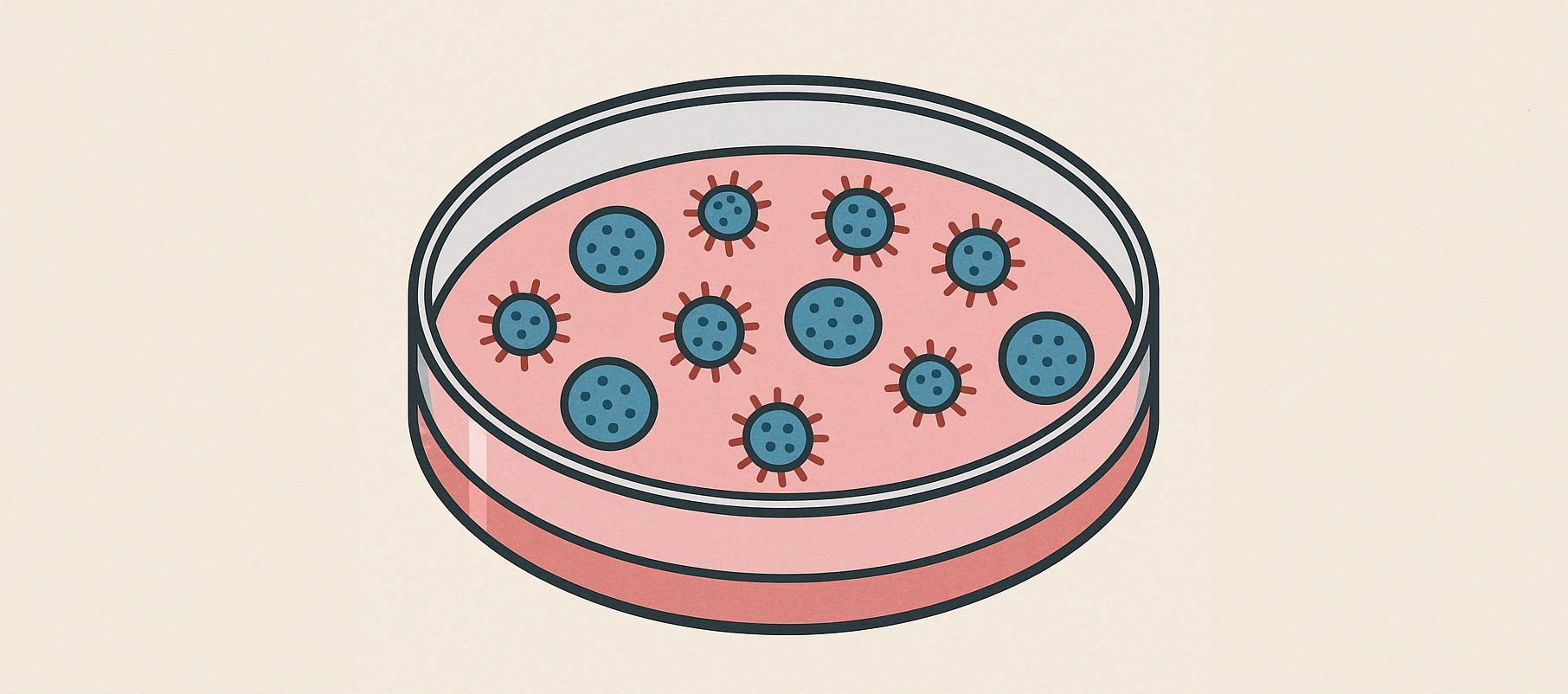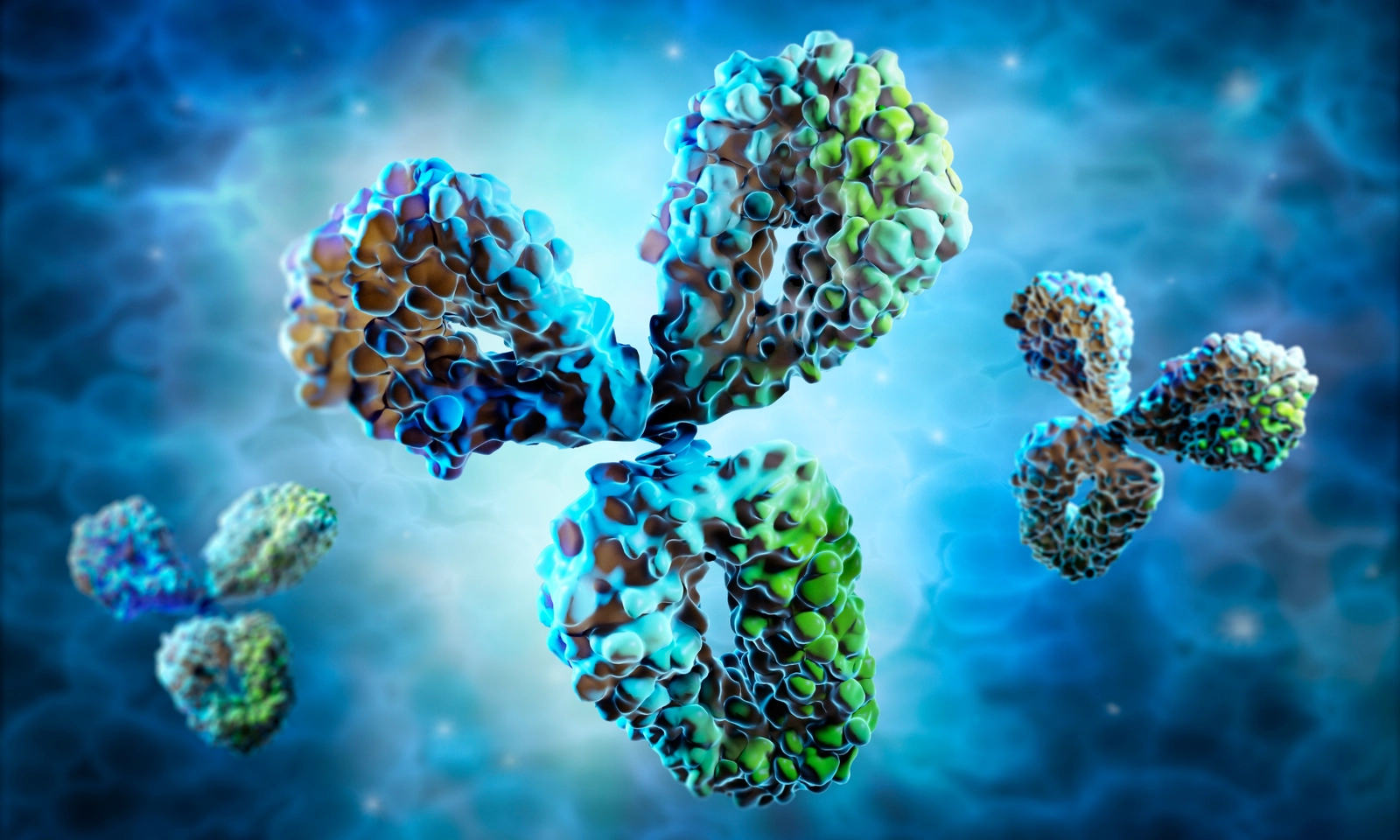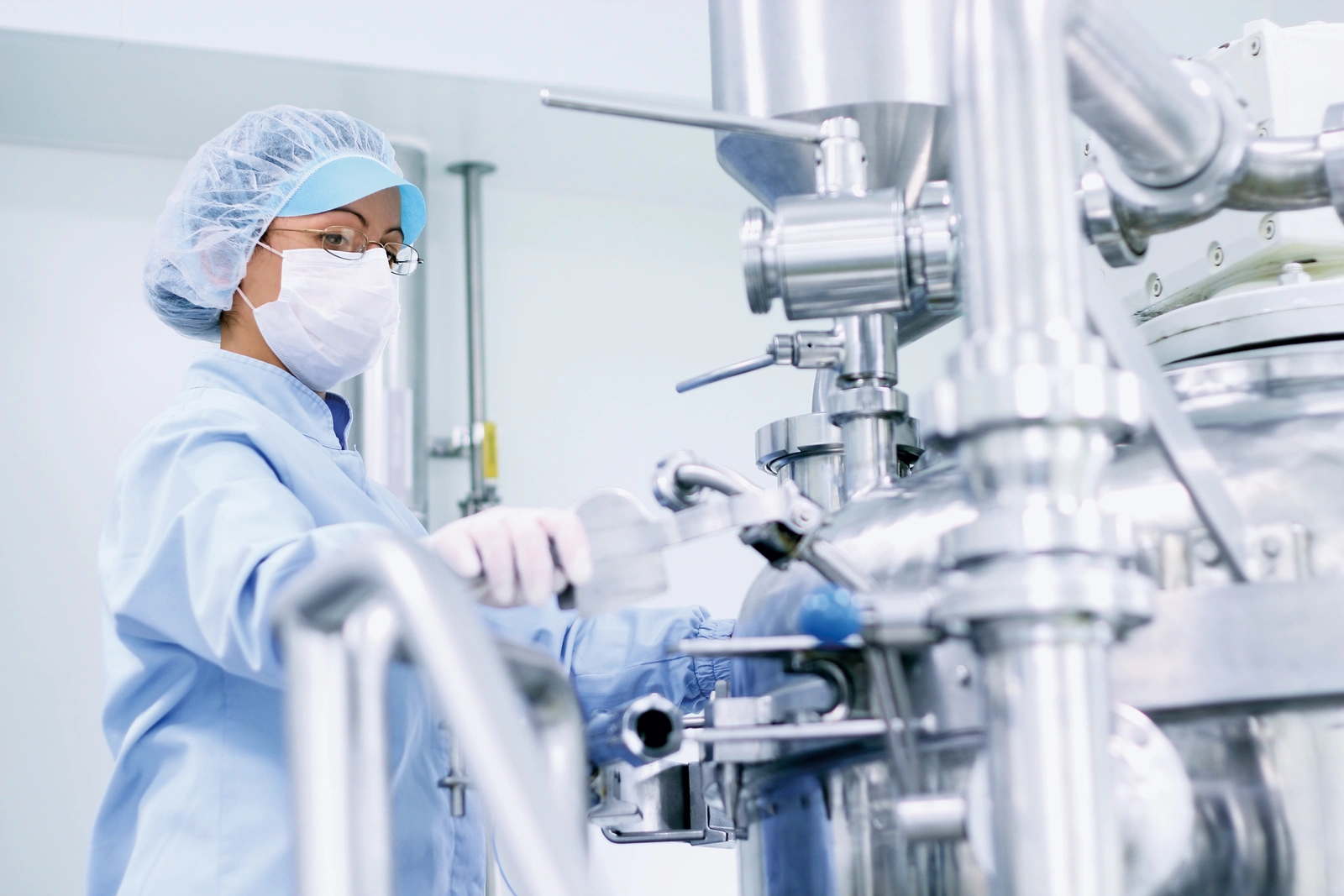
What Is Water for Injection (WFI) and When Do You Really Need It?
Water quality in biomanufacturing is often underestimated—until results fail. In sensitive cell culture systems, even tiny amounts of endotoxins or metal ions can interfere with cell viability, productivity, or downstream performance.
That’s where Water for Injection (WFI) comes in.
Defined by global pharmacopoeias, WFI meets the highest standards of purity and plays a critical role in minimizing variability and contamination.
But: do you really need WFI for your application? In this article, we’ll break down what WFI is, when it’s essential—and when it's not.
Reviewed by Dr. Sabrina Friederichs · Last updated June 10, 2025
What Exactly Is WFI?
Water for Injection (WFI) is ultrapure water produced through multistage purification and sterile filtration. It is defined by pharmacopoeial standards to ensure the lowest possible levels of endotoxins, organics, and microbial contamination.
WFI isn’t just clean—it’s ultra-pure water used when consistency and contamination control are critical.
This level of purity isn’t just technical overkill—it has measurable impact. In sensitive cell culture workflows, even trace contaminants can trigger variability, reduce yields, or compromise product quality.
Why Endotoxin-Free Cell Culture Matters
Even Traces Interfere

That impact becomes especially visible when working with sensitive mammalian cells. WFI stands out for its unmatched purity: no endotoxins, no viable microbes, and no interfering residues.
These qualities are not just theoretical benchmarks—they have practical implications in daily cell culture operations.
Endotoxins, in particular, can have profound biological effects even at trace levels.
A study published in Journal of Clinical Medicine demonstrated that endotoxin contamination in mesenchymal stem cell cultures led to altered cytokine profiles and reduced proliferation, even at very low concentrations.
Working with sensitive mammalian cells and want to improve consistency across batches?
→ Visit our Bioprocess Solutions Page
Explore our full range of solutions for media preparation, buffer formulation, and GMP-scale biomanufacturing.
How WFI Achieves Its Exceptional Purity
To meet its strict standards, WFI undergoes a validated, multistage purification process—typically involving reverse osmosis, electro-deionization, UV treatment, ultrafiltration, and sterile filtration through a 0.1 µm membrane.
The result is a water quality that minimizes all variables that could interfere with sensitive bioprocesses:
- Extremely low conductivity
→ Indicates the absence of ionic contaminants such as salts or trace metals, which can affect cellular signaling, buffer systems, or protein folding.
- Negligible Total Organic Carbon (TOC)
→ Reflects the lack of residual organics that may act as unintended microbial nutrients or interact with media components.
- No detectable endotoxins
→ Prevents immune activation in mammalian cells or immunogenicity in therapeutic proteins.
- Complete absence of viable microorganisms
→ Reduces bioburden variability and eliminates risk of biofilm formation or process contamination.
Water for Injection (WFI), Ph. Eur. Grade, sterile-filtered
Where WFI Becomes Essential
Monoclonal Antibodies and Recombinant Proteins
In monoclonal antibody (mAb) production and various other cell culture processes, cellular viability, productivity, and product quality depend critically on the integrity of the culture environment. While the spotlight often falls on media formulation and feed strategy, the quality of the water used to prepare media, feeds, and buffers is an equally relevant factor – especially in chemically defined systems, where even trace contaminants can act as confounding variables.
Several studies have shown that media prepared with WFI instead of purified water led to:
- Some manufacturers have reported improved consistency when switching to WFI in CHO cultures.
- Water quality may influence glycosylation indirectly by affecting media stability.
- Reduced ionic load in WFI may help minimize precipitate formation in sensitive formulations, depending on buffer composition.

Impact of WFI on Recombinant Protein Production
When producing recombinant proteins, water quality becomes a critical factor—especially for:
- Difficult-to-fold proteins
- Redox-sensitive targets
Using Water for Injection (WFI) instead of standard purified water provides distinct advantages:
- WFI’s lack of metal ions and oxidizing residues may help minimize redox-related variability during protein folding.
- WFI helps avoid trace metal and organic contaminants that may interfere with redox-sensitive or aggregation-prone proteins.
- WFI improves performance in key steps such as:
- Protein folding
- Chromatography & downstream processing
- Final formulation
💡 Proven Results: Case Study
A case study shared by a supplier indicated a potential yield increase when switching to WFI.
Additional Insights
Water quality may contribute to protein stability during expression and purification, especially in systems sensitive to aggregation.
🔍 When WFI Is Not Required
Despite its advantages, WFI is not always necessary, and its use must be weighed against process risk, cost, and regulatory context.
For example:
- In initial testings and early research, where consistency is desirable but not regulated, ultrapure laboratory water is often sufficient.
- In bacterial culture for plasmid propagation or protein screening, the demands on water purity are lower, and minor TOC fluctuations may not impact outcome.
- In non-sterile process steps (e.g., bulk biomass separation), WFI offers limited benefit unless sterility or endotoxin control is critical.
The distinction becomes most relevant in GMP production and late-stage process development, where regulatory standards, batch consistency, and contamination control justify the investment in WFI.
Water used for GMP manufacturing must meet tight release specifications for TOC, conductivity, and endotoxin levels. Real-time release testing of WFI is a regulatory requirement in many facilities.
 Critical Use Cases for WFI in Bioprocessing
Critical Use Cases for WFI in Bioprocessing
- Media and feed preparation in serum-free or chemically defined systems
- Buffer preparation for chromatography and ultrafiltration
- Final formulation of biotherapeutics
- Sterile cleaning and rinsing of equipment in GMP facilities
- Compounding and dilution steps in aseptic fill–finish processes
In these settings, WFI is not a precaution – it is a requirement.
👉 Want to Learn More About Bioprocess Solutions?
Check out our bioprocess products:
Or contact our technical experts to discuss your bioprocess requirements at techservice@capricorn-scientific.com
Environmental Considerations
The production of WFI, while essential, comes at a cost: it is energy- and resource-intensive. Recent publications advocate for membrane-based technologies as more sustainable alternatives to traditional distillation-based WFI systems. A 2016 study highlighted the potential of membrane processes to:
-
Meet pharmacopoeial WFI standards
-
Significantly reduce the energy footprint
As sustainability becomes a core concern in pharmaceutical manufacturing, choosing efficient WFI systems and minimizing unnecessary use may become part of broader ESG strategies.
Get expert tips, new protocols & useful tools — straight to your inbox.
Join Our Newsletter
Final Thoughts
Water quality is a controllable parameter that is often underestimated. Its impact becomes visible in precisely the scenarios where performance, safety, and reproducibility matter most: advanced cell culture, biologics manufacturing, and regulated environments.
If you want your upstream and downstream workflows to be stable, clean, and compliant, WFI is not just “cleaner water.” It’s a process enabler.